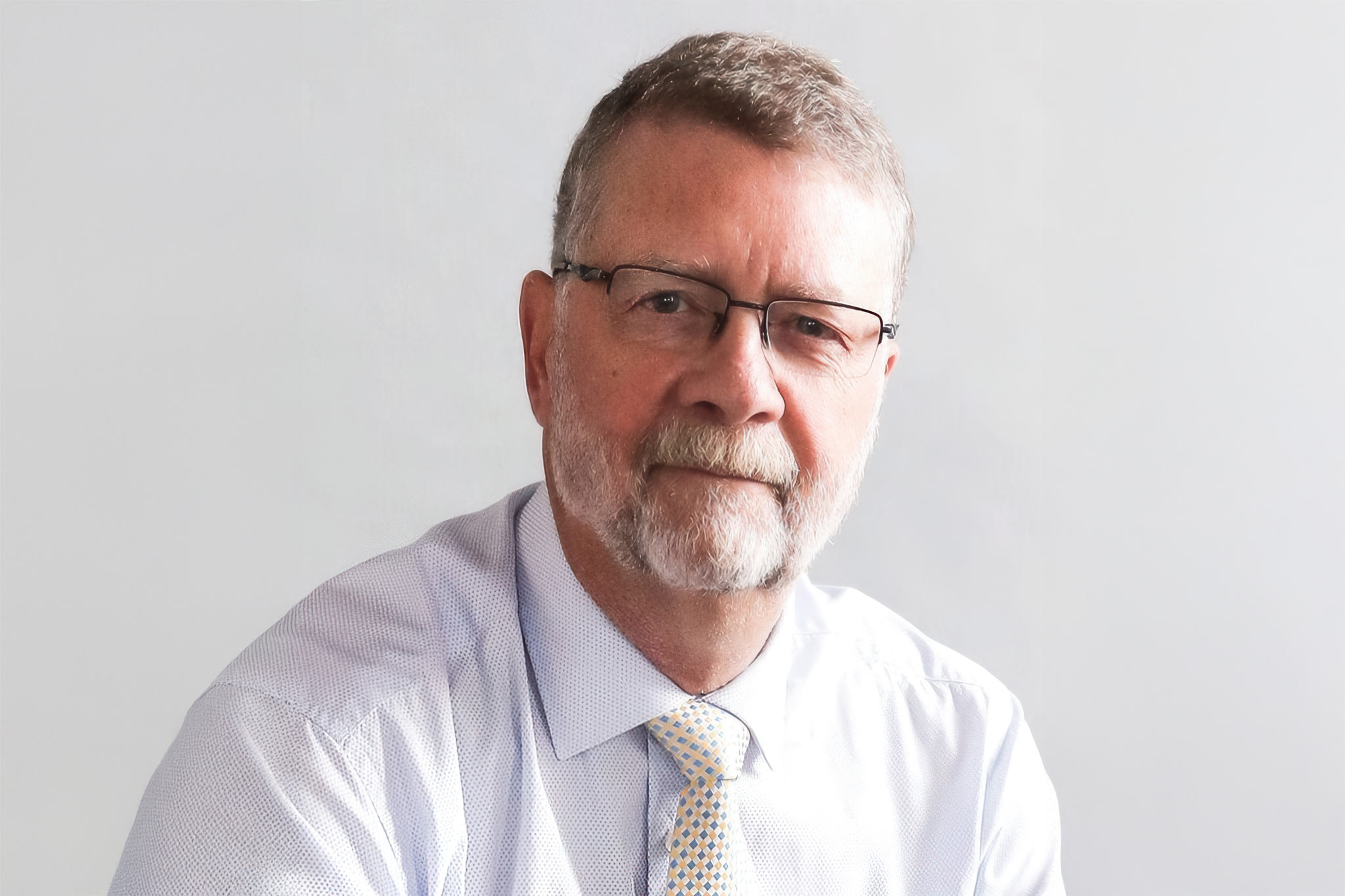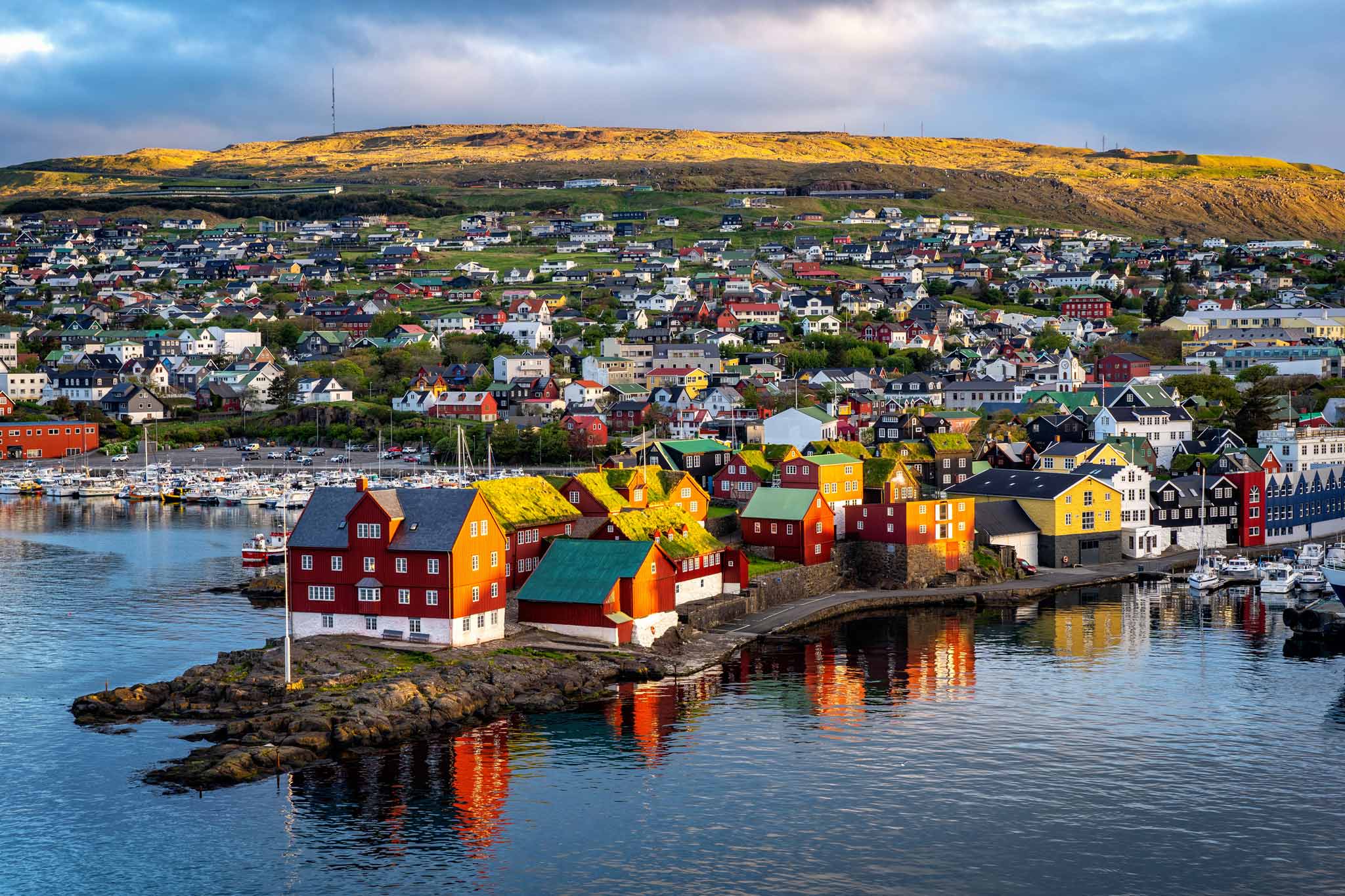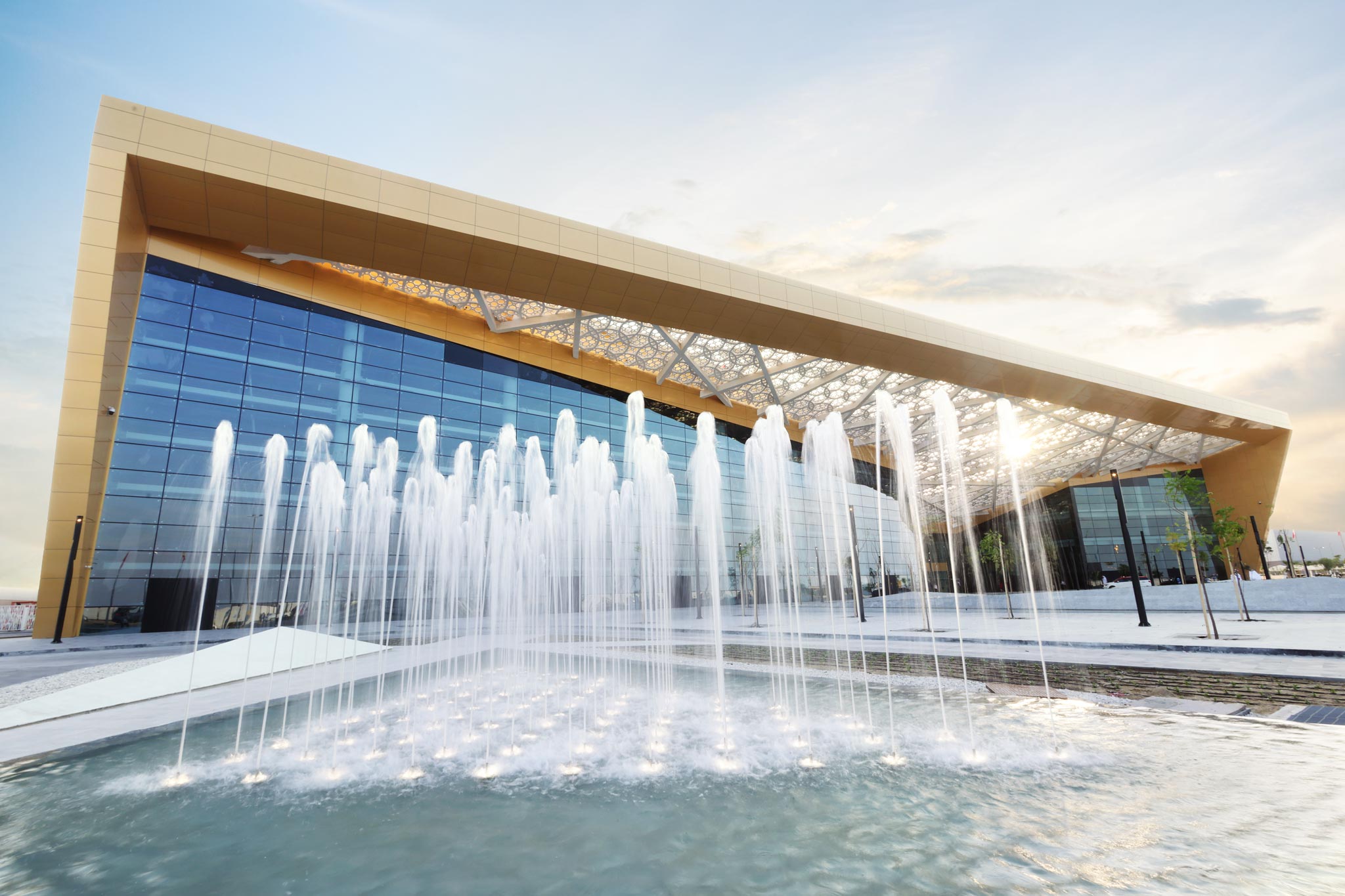With its new research project for 2021, the Future Meeting Space (FMS) innovation network is looking at the challenges of the post-Covid-19 era, based on the key assumption that the ecosystem of events will change considerably and for the long term. The FMS initiative, launched by the GCB German Convention Bureau and the Fraunhofer Institute for Industrial Engineering IAO, will – in cooperation with altogether 14 research partners – identify influencing factors and cause-effect relationships, analyse the opportunities of this change, and ultimately develop future scenarios. The innovation network’s research activities aim at strengthening Germany’s leading position as an international destination for conferences and congresses and at securing market shares for the future.
Business events reflect how our society develops. At the same time, they are platforms for innovation and change. With the Covid-19 pandemic, the world of meetings, conventions and congresses itself has experienced a rapid and profound change. Since its launch in 2015, the central goal of the FMS innovation network has been to develop a vision for how people will meet in the future. “The proportion of hybrid events will rise sharply in the future and considerably change the requirements for venues and the types of spaces needed,” says GCB Managing Director Matthias Schultze.
“At the same time, the value of face-to-face encounters at authentic, real places will be redefined, which offers great potential for the future viability of Germany as a destination for meetings and conferences.” Jointly with the Fraunhofer Institute for Industrial Engineering IAO, the GCB German Convention Bureau will explore these challenges and opportunities in this year’s FMS research project “The changing ecosystem of events.”
Detailed analysis of influencing factors
The latest FMS research project will analyse a wide range of factors that influence the ecosystem of events. In addition to sustainability as a megatrend and the smart linking of physical and virtual venues, the spaces and social environment within which business events are set also play a significant role. This includes the renaissance of rural areas as well as the changing mobility behaviour of people and the redevelopment of city centres. As events are important elements in the communications mix of organisations, new working models also play a major part, such as the increase in mobile working or new co-working models. Finally, the way people learn or share knowledge is also shifting, which affects events as important platforms for knowledge transfer. “It is a fact that the ecosystem of events will change. The decisive factor for success in this system is to absolutely focus on the needs of customers and participants,” stresses Dr. Stefan Rief, Institute Director and Head of Organisational Development and Work Design Research Unit at Fraunhofer IAO. “When they decide how they would like to spend their time in the future, this decision will be a much more deliberate one.”
Diverse group of research partners
The large and diverse group of research partners that the FMS initiators have been able to attract reflects the relevance of the new research topic. A total of 14 organisations are supporting the innovation network this year, including AllSeated as Virtual Venue Partner, Bayern Tourismus Marketing, Deutsche Bahn, Deutsche Hospitality, Encore, EVVC European Association of Event Centers, Jena Kultur, Cologne Convention Bureau, Nürnberg Convention, Radisson Hotel Group, 7 Cities, Stadt Münster and Weframe. In addition, the International Congress and Convention Association (ICCA) is involved as a Strategic Industry Partner of the FMS innovation network.
About Future Meeting Space
The FMS innovation project was launched in 2015 by the GCB German Convention Bureau and the Fraunhofer Institute for Industrial Engineering IAO with the key goal of developing a vision for how people will meet in the future. This includes developing practical, hands-on tools for meeting planners and suppliers to help them get ahead of the curve. Results so far include, from phase I, an “Innovation Catalogue” round-up of new and future technologies, six “Future Meeting Scenarios” as well as the description of a possible “Future Meeting Room,” and from phase II, a report on how to create engaging events, including an overview of different attendee types, event success factors and recommendations for actions. In phase III, the innovation network looked at the future role of events in the communications mix of organisations. Research partners of the new 2021 research topic are AllSeated (Virtual Venue Partner), Bayern Tourismus Marketing, Deutsche Bahn, Deutsche Hospitality, Encore, EVVC European Association of Event Centers, Jena Kultur, Cologne Convention Bureau, Nürnberg Convention, Radisson Hotel Group, 7 Cities, Stadt Münster and Weframe. In addition, the International Congress and Convention Association (ICCA) is involved as a Strategic Industry Partner of the FMS innovation network.



